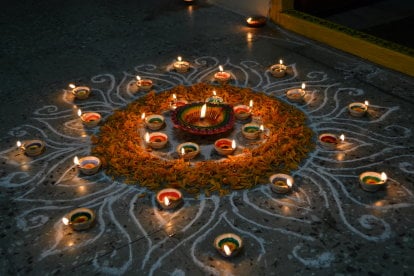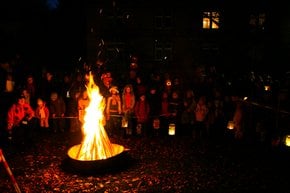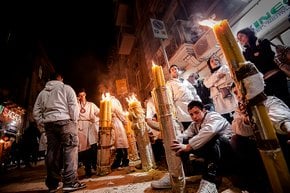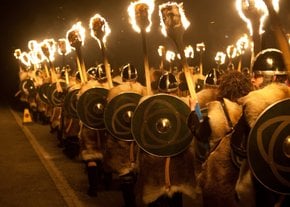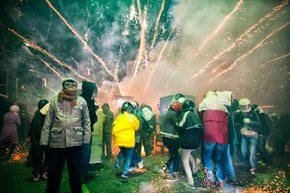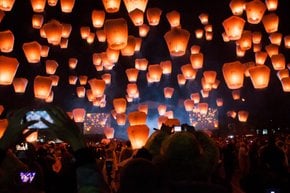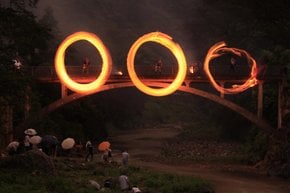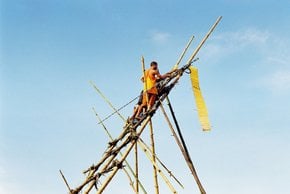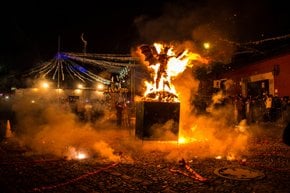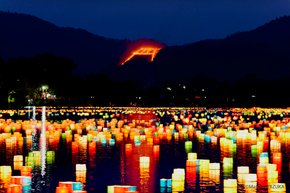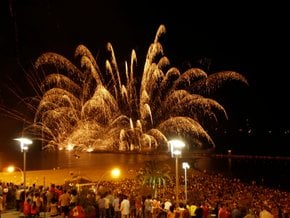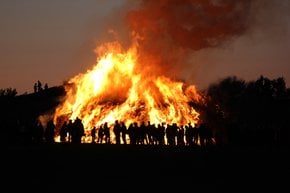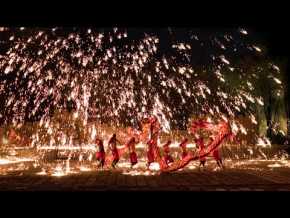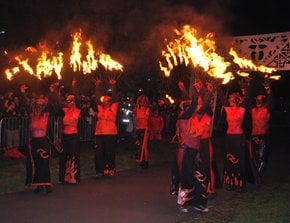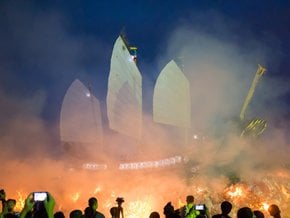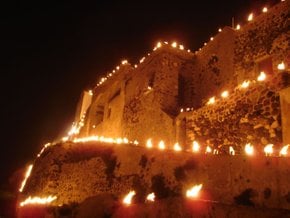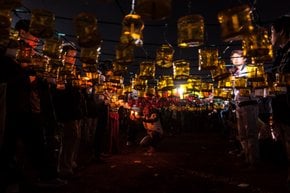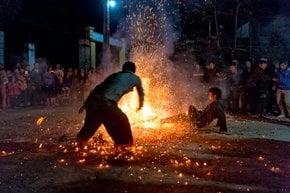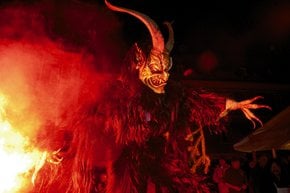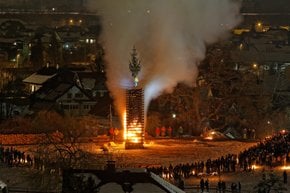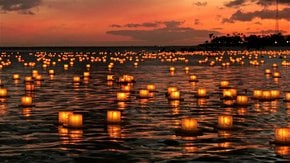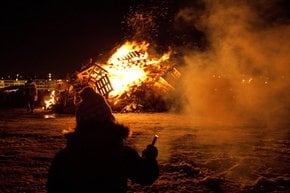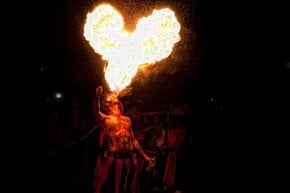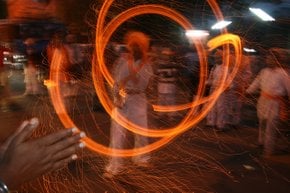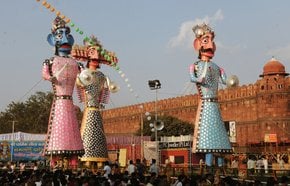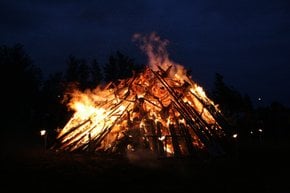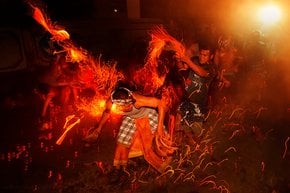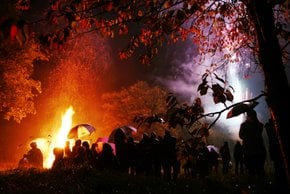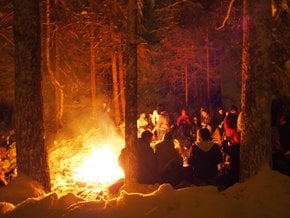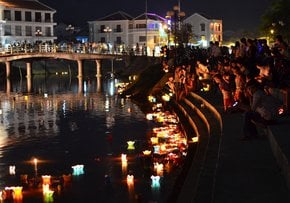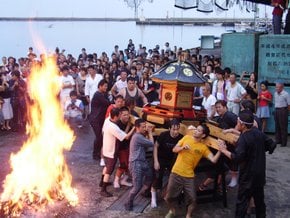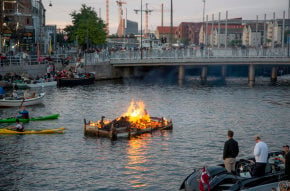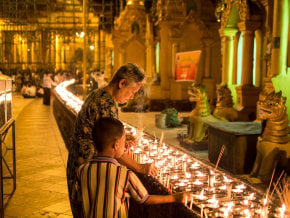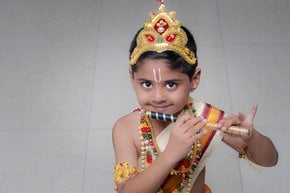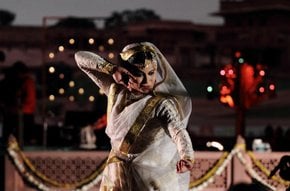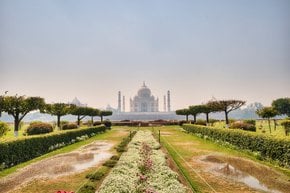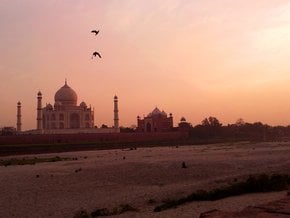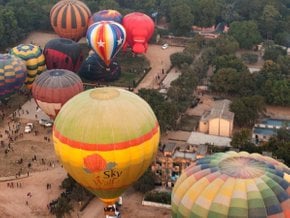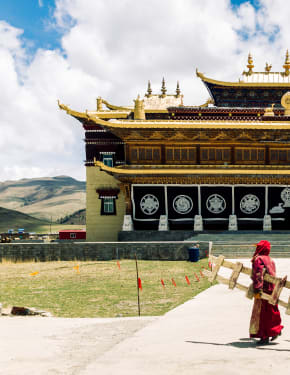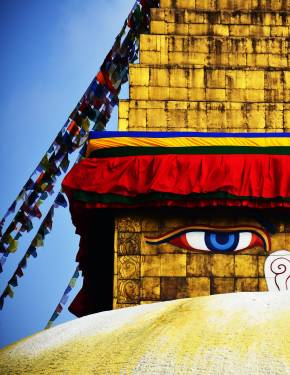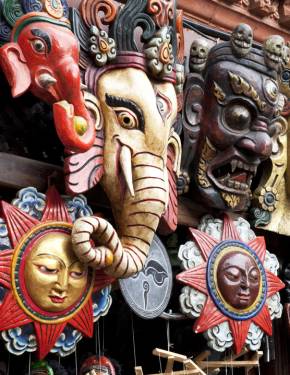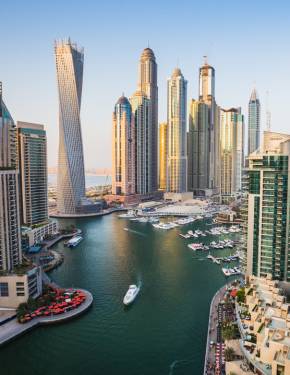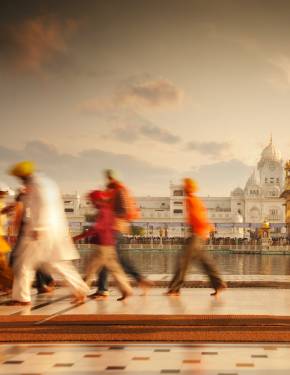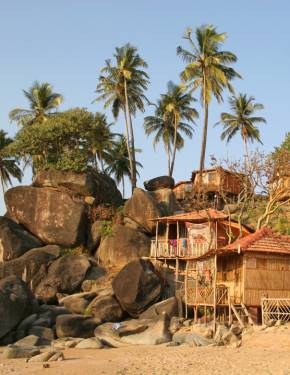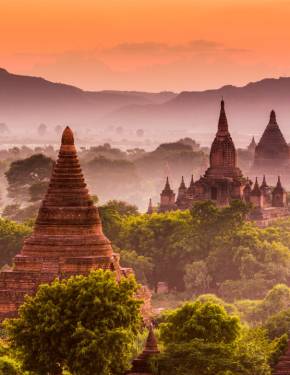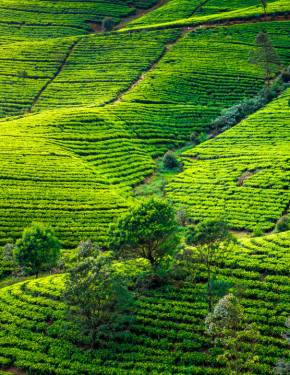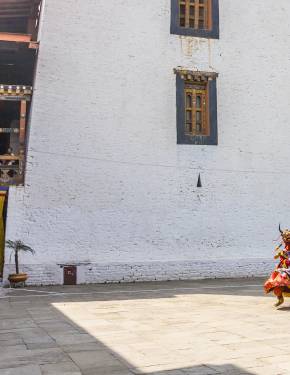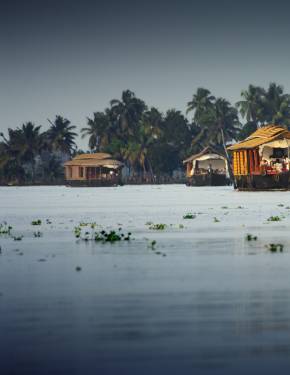Diwali, Festival of Lights 2024 in Taj Mahal and Agra
As Christmas to Christians, Diwali is as important to Hindus
Dates: October 29–November 3, 2024
Diwali, also known as the Festival of Lights, is one of India's most celebrated festivals. The event promises a captivating experience, especially in historic cities like Agra. Famous for the iconic Taj Mahal, Agra transforms into a hub of festive energy during Diwali. As the city lights up with thousands of lamps, the festival showcases a blend of spirituality, cultural heritage, and visual splendor. Here's what to expect from the Diwali celebrations in Agra, including near the Taj Mahal.
Activities and Festivities
Diwali in Agra brings a vibrant mix of traditional and modern celebrations. The festival is marked by lighting clay lamps, decorating homes with rangoli (colored patterns made from powder or sand), and participating in family prayers dedicated to Goddess Lakshmi, the goddess of wealth and prosperity. Fireworks light up the sky, and local markets are bustling with activity as people shop for gifts, sweets, and decorations.
Around the Taj Mahal, while the monument itself remains a serene and silent witness, the nearby areas come alive with lights, music, and community gatherings. Though the Taj Mahal is primarily a place of peace and reflection, the sight of the illuminated city in its backdrop creates a magical atmosphere for visitors.
For tourists, this is also an opportunity to witness cultural performances such as traditional dance, music, and storytelling, often held at heritage sites around Agra during the festival period.
Schedule and Program
Diwali 2024 is expected to take place in the first week of November, as the dates depend on the Hindu lunar calendar. The most significant day, Lakshmi Puja, falls on the third day, November 1. This is the main event when families gather to worship Lakshmi and celebrate with grand feasts and fireworks.
Specific events in Agra during Diwali include the illumination of heritage sites, food festivals, and Diwali fairs. Most events are held during the evenings, typically starting around sunset and continuing into the night.
Tickets and Parking
Visiting the Taj Mahal during Diwali requires purchasing a standard entry ticket. As the monument is one of the most popular tourist destinations in the world, it is advisable to book tickets in advance, especially during festival periods. Tickets are priced at approximately 1100 Indian Rupees for foreign tourists and 50 Indian Rupees for Indian nationals. Additional charges may apply for entry to the main mausoleum.
Parking is available near the Taj Mahal at designated spots, with shuttle services running from the parking areas to the monument. Be prepared for large crowds, especially in the evenings. Visitors are also encouraged to use public transport where possible, as traffic congestion is common during Diwali.
Location and Infrastructure
The Taj Mahal is located in Agra, in the northern Indian state of Uttar Pradesh. Agra is well-connected by road, rail, and air, making it easily accessible for both domestic and international tourists. The city is about 124 miles (200 km) from New Delhi, India’s capital, and is roughly a 3-4 hour drive by car or train.
Visitors coming for Diwali celebrations can also explore nearby attractions such as Agra Fort and the Fatehpur Sikri UNESCO World Heritage sites. For those looking to extend their stay, Agra offers a range of accommodations, from luxury hotels to budget-friendly guesthouses.
History of Diwali
Diwali has deep cultural and religious significance in India. For Hindus, it marks the return of Lord Rama to Ayodhya after 14 years of exile and the defeat of the demon king Ravana, symbolizing the victory of good over evil. The festival is also associated with the worship of Lakshmi, the goddess of wealth, especially in northern India.
For Jains, Diwali commemorates the attainment of nirvana by Lord Mahavira, while Sikhs celebrate it as the day Guru Hargobind Ji was released from imprisonment. Diwali has evolved into a national festival, observed not only by Hindus but also by Jains, Sikhs, and Buddhists across India and around the world.
In Agra, the celebrations blend the ancient traditions of Diwali with the city’s Mughal heritage. While the focus remains on family gatherings, prayers, and lighting lamps, the city’s historical sites offer a unique backdrop to the festivities.

